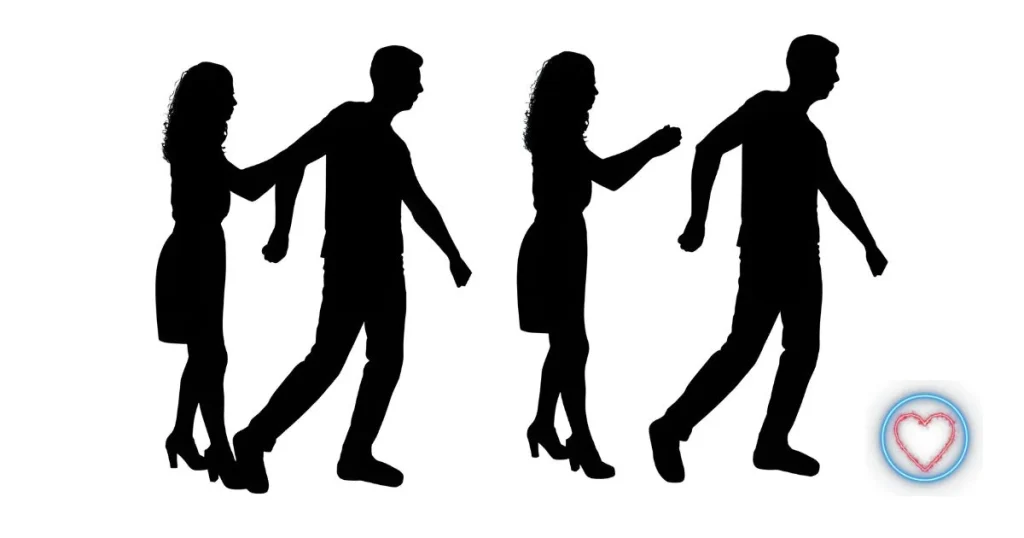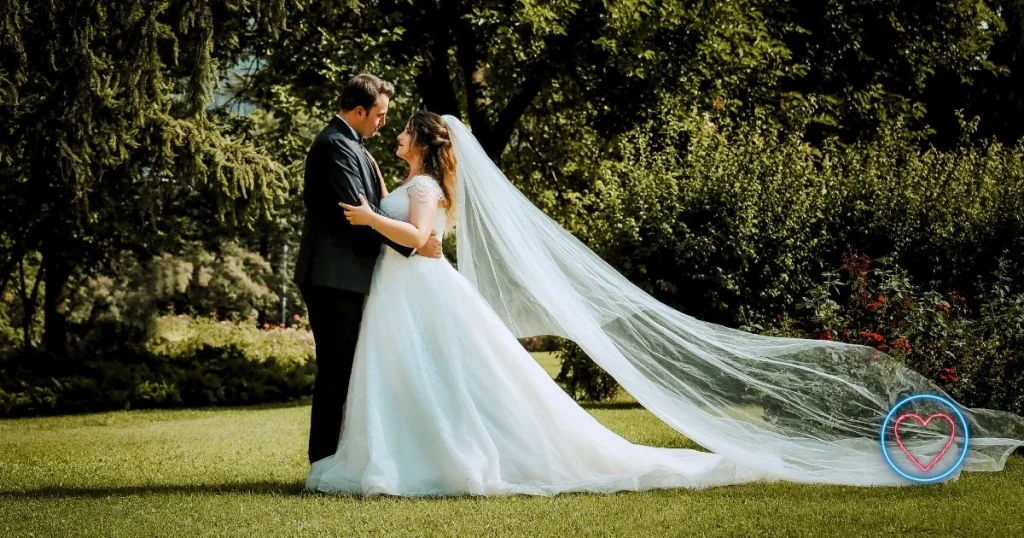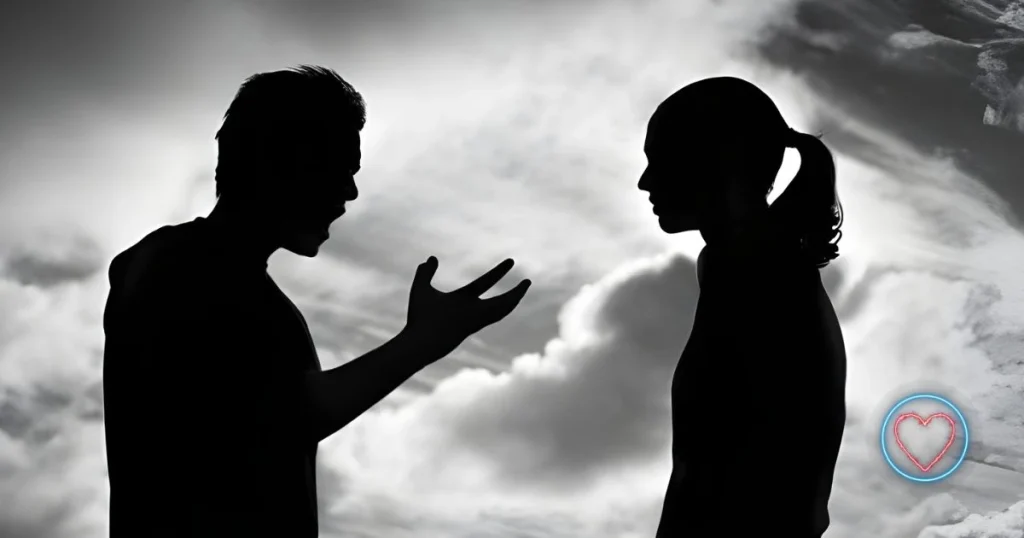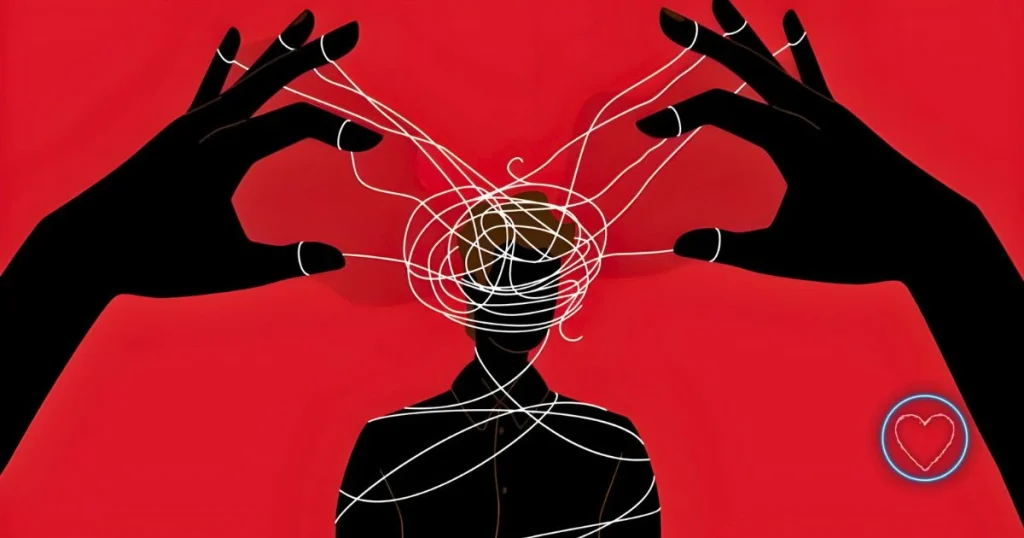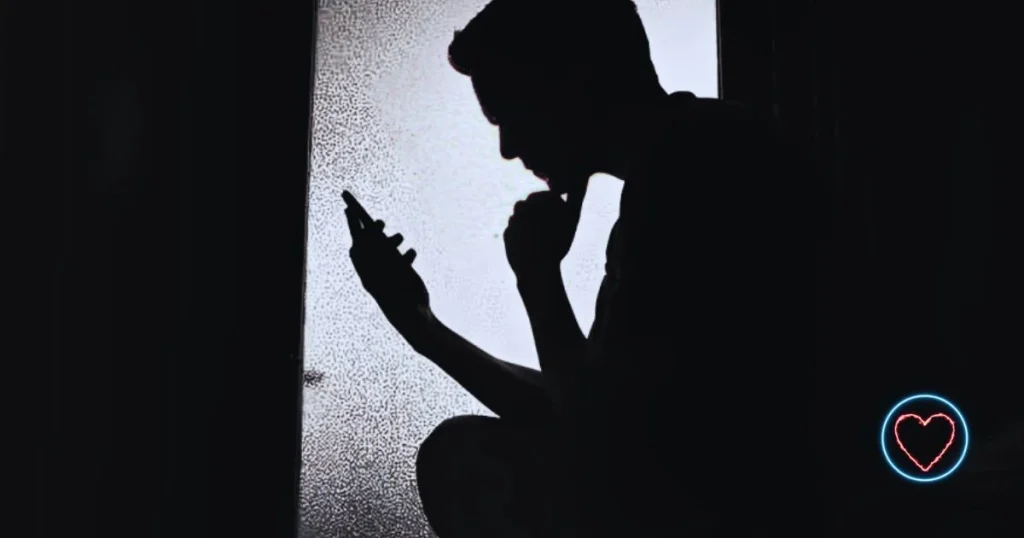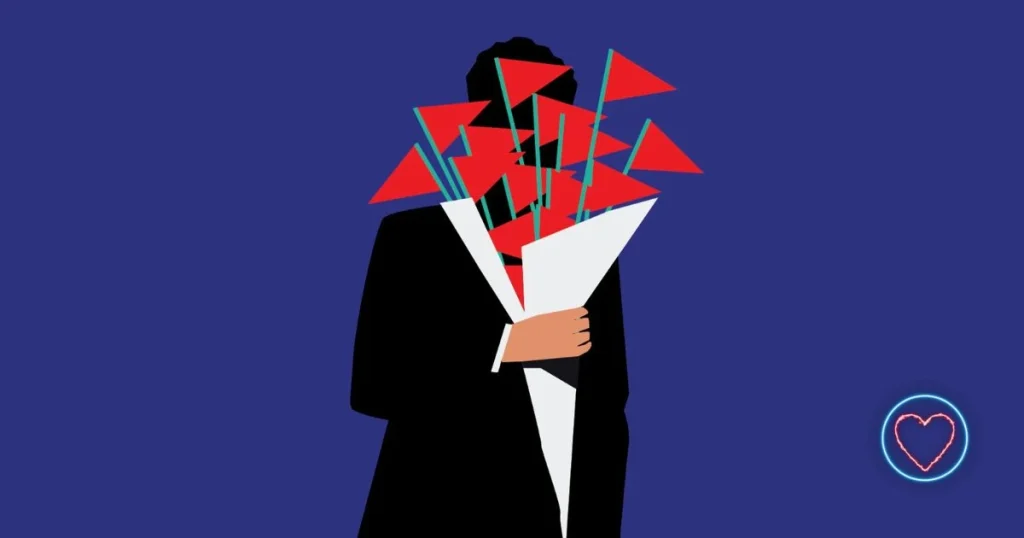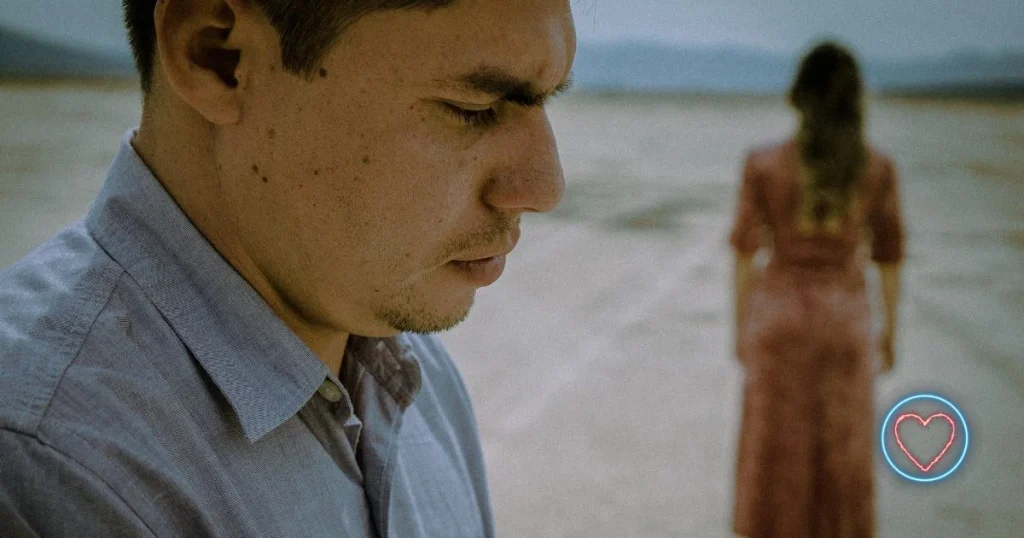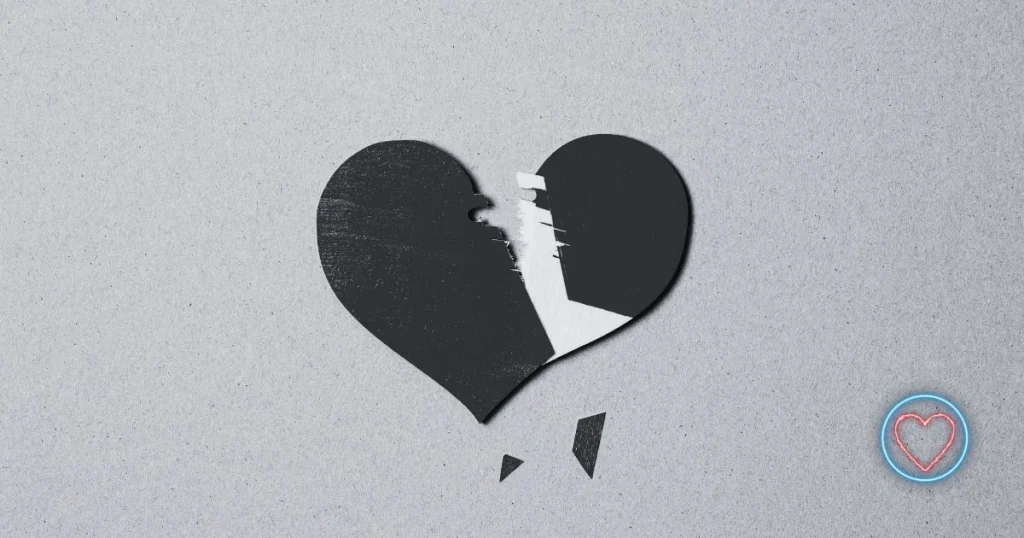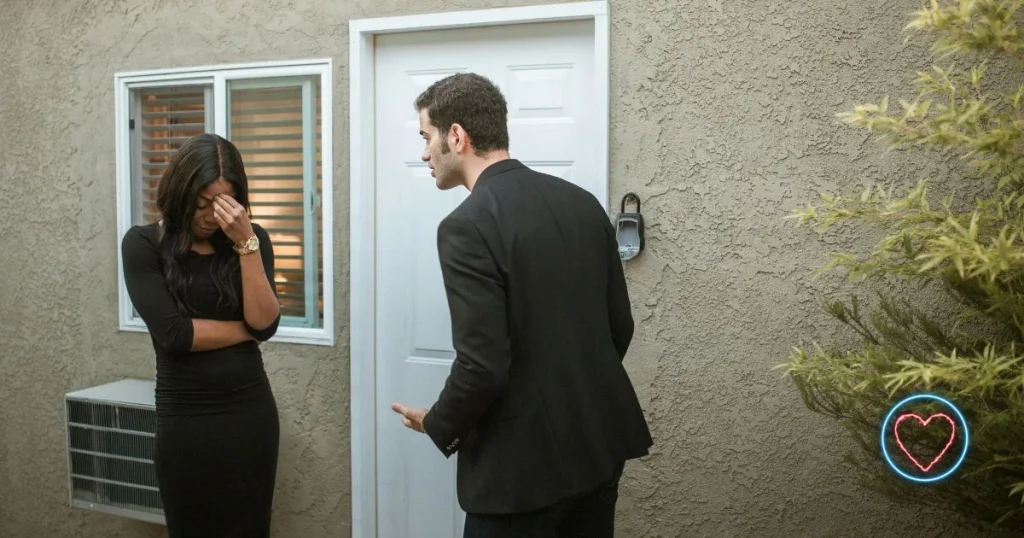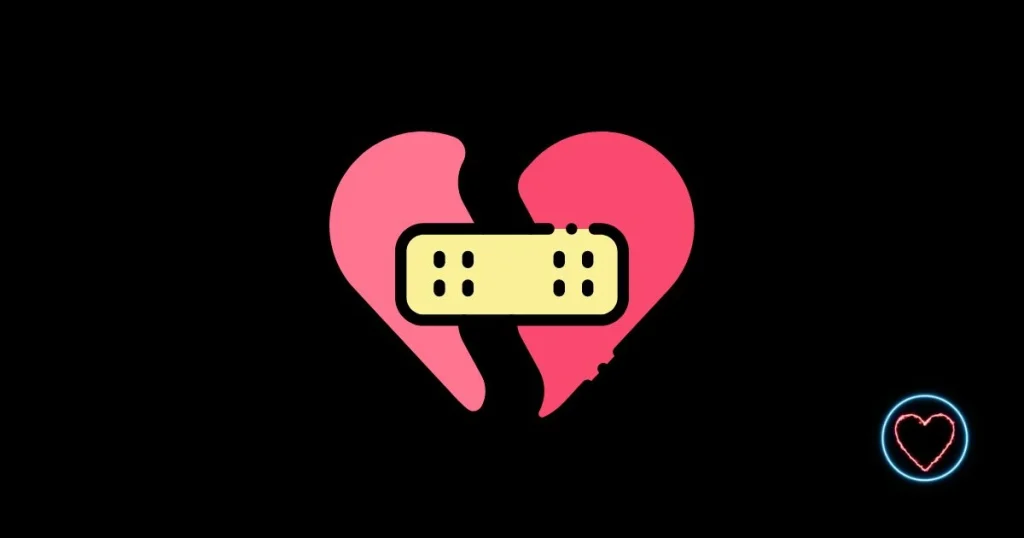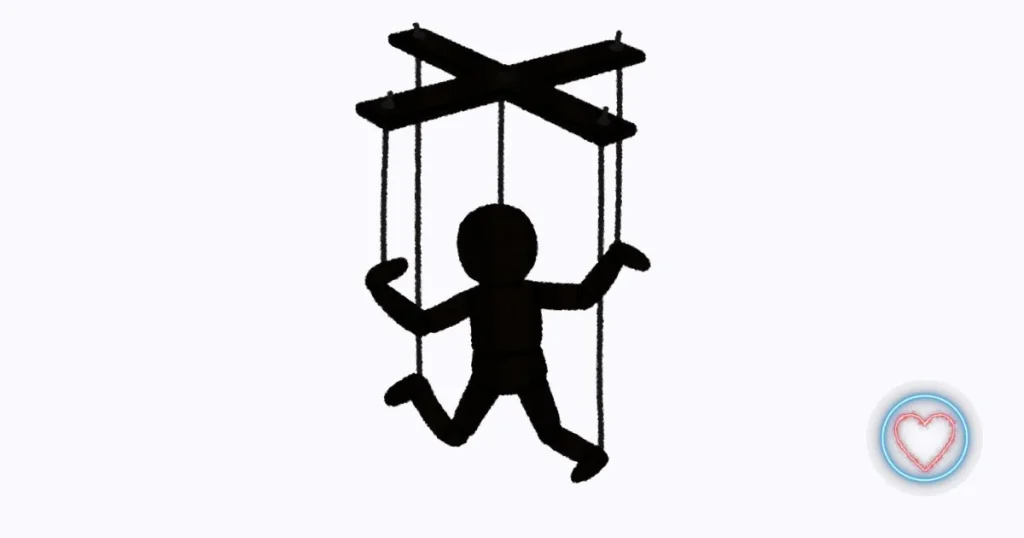In a world that constantly glorifies love, romance, and “couple goals,” it’s easy to feel pressured into being in a relationship. Yet the reality is, not everyone is ready for one—and that’s perfectly okay.
Although relationships often begin with affection and companionship, sustaining them requires emotional maturity, self-awareness, and a genuine ability to give and receive love. Without those, diving into romance can lead to heartache, confusion, and conflict.
So, how can you recognize whether you’re prepared to share your life with someone else? Below are 15 honest signs that you might not be relationship-ready—at least, not just yet.
1. You’re Still Healing from a Past Relationship
Lingering thoughts about your ex or frequent comparisons between them and new people are clear indicators of unresolved emotions. Even if the breakup happened long ago, unhealed wounds can sabotage fresh beginnings.
Why it matters:
Unless you’ve made peace with your past, you’ll likely carry emotional baggage into your next connection. Healing isn’t just about time—it’s about transformation.
2. You Feel Incomplete Without a Partner
Some individuals seek relationships to fill internal voids. While companionship is valuable, expecting someone else to complete you places an unfair burden on them.
Why it matters:
A relationship should enhance your life—not serve as a substitute for self-worth.
3. You Fear Being Alone
Rather than love, fear often motivates people to seek out partners. If loneliness drives you into relationships, you’re entering for the wrong reasons.
Why it matters:
Emotional independence is crucial. When you’re content by yourself, you’re more likely to form a relationship based on choice, not desperation.
4. You Haven’t Figured Out What You Want
Unclear values and undefined goals can set you up for mismatched connections. Without knowing your own needs, it’s hard to recognize whether someone truly fits into your life.
Why it matters:
Intentional dating starts with self-awareness. Otherwise, you risk mistaking chemistry for compatibility.
5. You’re Emotionally Unavailable
Do you shy away from vulnerability or become distant when people get too close? These behaviors often signal emotional unavailability—a barrier to real intimacy.
Why it matters:
Lasting love demands emotional openness. Guarded hearts rarely build lasting bonds.
6. You’re Focused on Changing Someone Else
When you try to “fix” a partner, it suggests you may not accept them—or perhaps yourself—as is. It also points to a lack of boundaries and unrealistic expectations.
Why it matters:
Love isn’t about renovation; it’s about recognition and acceptance of who the other person truly is.
7. You Have Unresolved Self-Esteem Issues
Insecurity can manifest as jealousy, neediness, or constant validation-seeking. Without strong self-worth, you may attract toxic dynamics—or push away healthy partners.
Why it matters:
Confidence builds connection. When you value yourself, you draw people who do the same.
8. You’re Addicted to the Idea of Love, Not the Reality
Chasing the “high” of romance can be misleading. If you’re more in love with the fantasy than the day-to-day reality, challenges in real relationships may feel overwhelming.
Why it matters:
When infatuation fades, real work begins. Being ready means being present for all of it—the highs and the hard parts.
9. You Prioritize Freedom Over Commitment
If the idea of compromise or shared responsibility feels like a threat to your autonomy, consider whether you’re open to a mutual partnership.
Why it matters:
While relationships shouldn’t restrict you, they do require investment and shared effort. Readiness involves willingness to give and grow together.
10. You Jump from One Relationship to Another
Serial dating often signals discomfort with being single. Rushing into the next relationship without reflection might be an attempt to avoid inner emptiness.
Why it matters:
To connect meaningfully, you must first be fully present. Escaping loneliness by using people creates shallow bonds that rarely last.
11. You Still Hold onto Toxic Patterns
Repeating negative behaviors such as blame-shifting, manipulation, or emotional withdrawal can be a sign that personal growth is still needed.
Why it matters:
Old habits die hard—and they ruin new chances. Break the cycle before building something new.
12. You Expect a Partner to Rescue You
Are you hoping someone will fix your life, boost your confidence, or heal your trauma? This mindset often leads to unhealthy dynamics and unmet expectations.
Why it matters:
No one else can save you. A partner can support you, but they can’t replace your inner work.
13. You Don’t Know How to Communicate Your Needs
Relationships flourish when both partners feel seen and heard. If you tend to suppress your feelings or lash out when you’re vulnerable, it’s time to develop healthier communication habits.
Why it matters:
Strong communication is essential. Misunderstandings and unmet needs can erode even the strongest connections.
14. You’re Not Willing to Make Sacrifices
Love isn’t always convenient. If you’re unwilling to adjust plans, consider someone else’s feelings, or navigate disagreements with patience, commitment may not be for you.
Why it matters:
Partnership requires effort on both sides. Without mutual sacrifice, balance is impossible.
15. You’re Not Happy with Yourself
Perhaps the most telling sign of all, discontent with your own life is a warning flag. If you’re constantly unhappy, no relationship will truly satisfy you.
Why it matters:
You attract what you reflect. Genuine self-love lays the groundwork for healthy romantic love.
Why It’s Okay to Not Be Ready
Let’s be honest: society often glamorizes being in a relationship, while portraying singleness as a waiting room for something better. But that’s not the truth.
Recognizing that you’re not ready for love doesn’t mean you’re broken—it means you’re self-aware. In fact, choosing to wait until you’re emotionally prepared is one of the healthiest decisions you can make.
During this time, you can:
- Heal from emotional wounds
- Discover your values and non-negotiables
- Build your self-confidence
- Learn to enjoy your own company
- Develop emotional intelligence
These steps don’t just make you a better partner—they make you a more grounded, fulfilled individual.
How to Prepare Yourself for a Relationship
Once you’ve acknowledged that now isn’t the right time, you can begin taking steps toward personal growth and eventual readiness.
1. Seek Therapy or Counseling
Working with a therapist can help you uncover and process past trauma, attachment issues, or self-sabotaging behaviors.
2. Practice Daily Self-Love
Affirm your worth. Meditate, journal, exercise, or simply spend quality time alone. Cultivate a positive relationship with yourself.
3. Create a Life You Love—Solo
Don’t wait for a partner to build your dream life. Set goals, explore hobbies, and make meaningful connections independently.
4. Grow Your Emotional Intelligence
Learn to recognize, express, and regulate your emotions. Emotional maturity is a vital relationship skill.
5. Clarify What You’re Looking For
Define what you truly want and need in a relationship. Be honest about your boundaries, red flags, and core values.
Final Thoughts: Timing Matters More Than You Think
Love can be transformative—but only when it grows from a healthy foundation. There’s no race. You don’t have to rush into a relationship just because others are doing it. The right time, and the right person, will come when you are right within yourself.
Until then, use this chapter to become the person you’d want to fall in love with. When you do eventually step into a relationship, it won’t feel like chaos or confusion—it will feel like clarity and peace.
Keep growing. Keep evolving. Love will meet you where you are.

